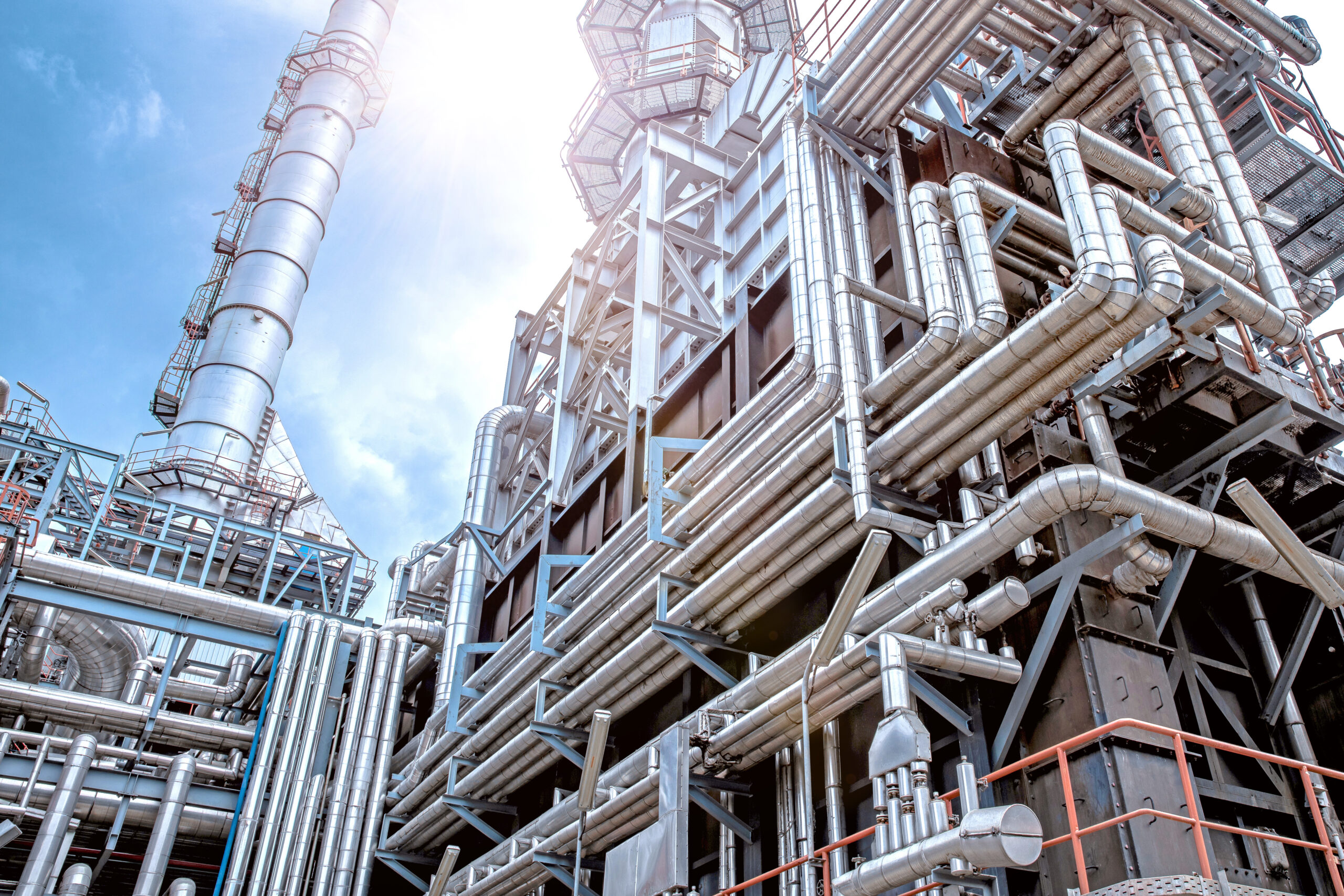Corrosion Control in Crude Units Training Course
Consultant/Trainer: Dr. Henk Helle
Crude units seem simple and straightforward, but the feedstocks they process may not be so benign. The “Petrogenium Corrosion Control in Crude Units” course aims to provide insight and guidance by systematically exploring the many complications and threats that may exist in crude units, or can be the unintended consequence of unfortunate choices. That, and the remedies against such threats.
Over many years the Petrogenium experts have collected and mobilized extensive expertise in the control of corrosion and fouling in crude units and associated equipment. The course is highly interactive and should be valuable for staff at all refineries, especially for those working in refineries with perennial corrosion issues.
Over many years the Petrogenium experts have collected and mobilized extensive expertise in the control of corrosion and fouling in crude units and associated equipment. The course is highly interactive and should be valuable for staff at all refineries, especially for those working in refineries with perennial corrosion issues.
Participants
This Petrogenium course can be tailored for awareness/inexperienced staff, for intermediate and for experienced personnel. Furthermore the course can be customized for a specific refinery, plant or unit. The option for post-course consultancy/help-desk support is also available.
Participants may include: operators, inspectors, integrity-, process- and project engineers and service company reps; engineers & managers responsible for the reliable and safe design and operation of crude units. Non-refinery personnel, e.g., service providers, chemical vendors and engineering contractors. Those involved in the design of crude units or equipment for crude units may also benefit.
Participants may include: operators, inspectors, integrity-, process- and project engineers and service company reps; engineers & managers responsible for the reliable and safe design and operation of crude units. Non-refinery personnel, e.g., service providers, chemical vendors and engineering contractors. Those involved in the design of crude units or equipment for crude units may also benefit.


Learning Objectives
The challenges of overhead corrosion, high temperature corrosion and fouling; Crucial process steps as desalting, caustic injection and overhead protection are treated in depth; some pitfalls of opportunity crudes; to operate a crude unit safer, more reliably and more sustainably.
1st & 2nd half day
3rd & 4th half day
- Atmospheric and Vacuum Distillation units.
- Feedstock: types and contaminants.
- Threats to integrity. Corrosion, cracking, fouling
- High temperature sulfidic corrosion and naphthenic acid corrosion. Interaction, operational effects.
- Aqueous corrosion in the column top and overhead system corrosion.
- Materials, protections, barriers and verifications.
3rd & 4th half day
- Desalters and desalter operation. Desalter types, grids, operating variables, efficiencies
- Caustic addition to crude: Why, What and How
- Overhead protection by injection of water, ammonia , inhibitors, amines: Why or why not; how?
- Fouling: causes, effects and remedies.
Programme
1st & 2nd half day
3rd & 4th half day
- Atmospheric and Vacuum Distillation units.
- Feedstock: types and contaminants.
- Threats to integrity. Corrosion, cracking, fouling
- High temperature sulfidic corrosion and naphthenic acid corrosion. Interaction, operational effects.
- Aqueous corrosion in the column top and overhead system corrosion.
- Materials, protections, barriers and verifications.
3rd & 4th half day
- Desalters and desalter operation. Desalter types, grids, operating variables, efficiencies
- Caustic addition to crude: Why, What and How
- Overhead protection by injection of water, ammonia , inhibitors, amines: Why or why not; how?
- Fouling: causes, effects and remedies.